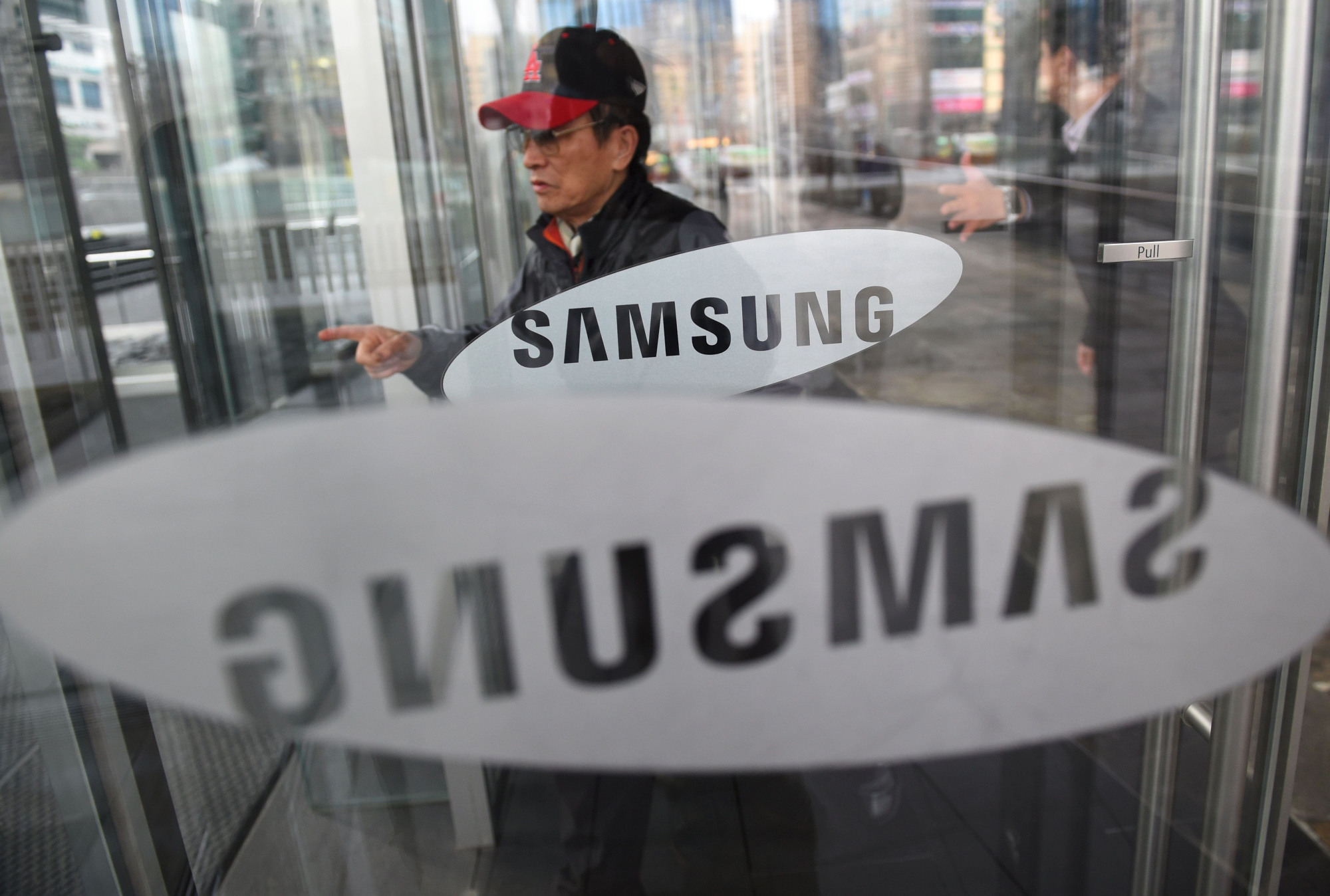South Korea's family-run conglomerates are facing calls for a shake-up in their governance from a leading candidate in May's presidential election, following the ouster and arrest of former President Park Geun-hye in a burgeoning influence-peddling scandal.
The conglomerates known as "chaebol" have come under the reform buzz saw before, only to emerge bigger and stronger than ever. The country's four biggest chaebol groups account for around half the stock market's value, according to the Korea Stock Exchange.
The question after the May 9 election is how deep will the reform drive go this time? And will a new president tackle what critics say is at the heart of chaebol corporate governance conundrum — the spider's web of cross-shareholdings among group companies held by their founding families?


















With your current subscription plan you can comment on stories. However, before writing your first comment, please create a display name in the Profile section of your subscriber account page.